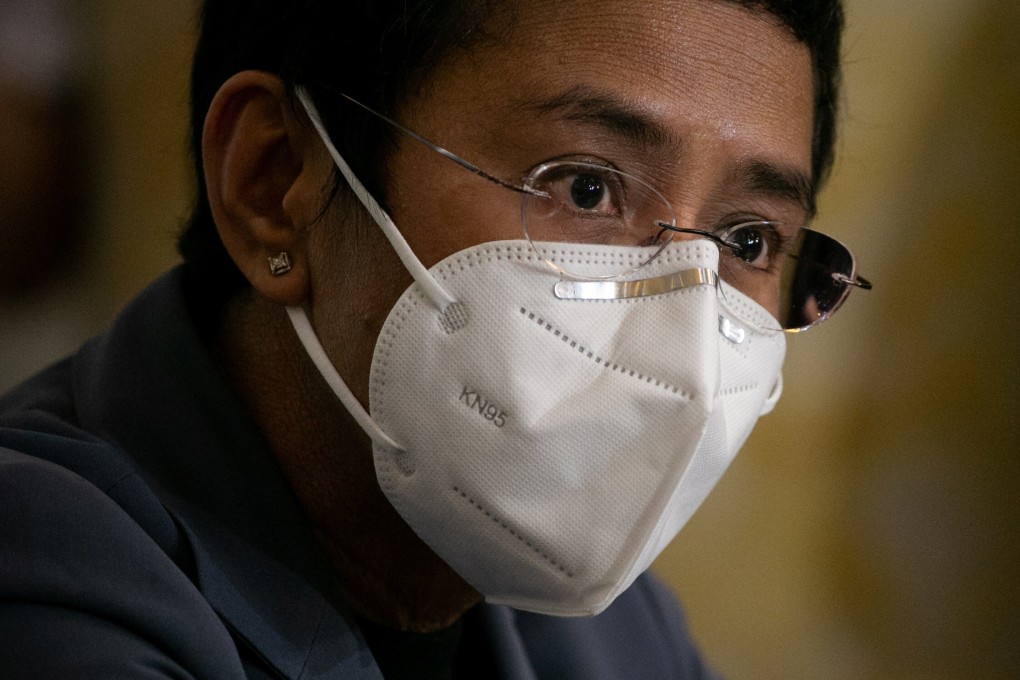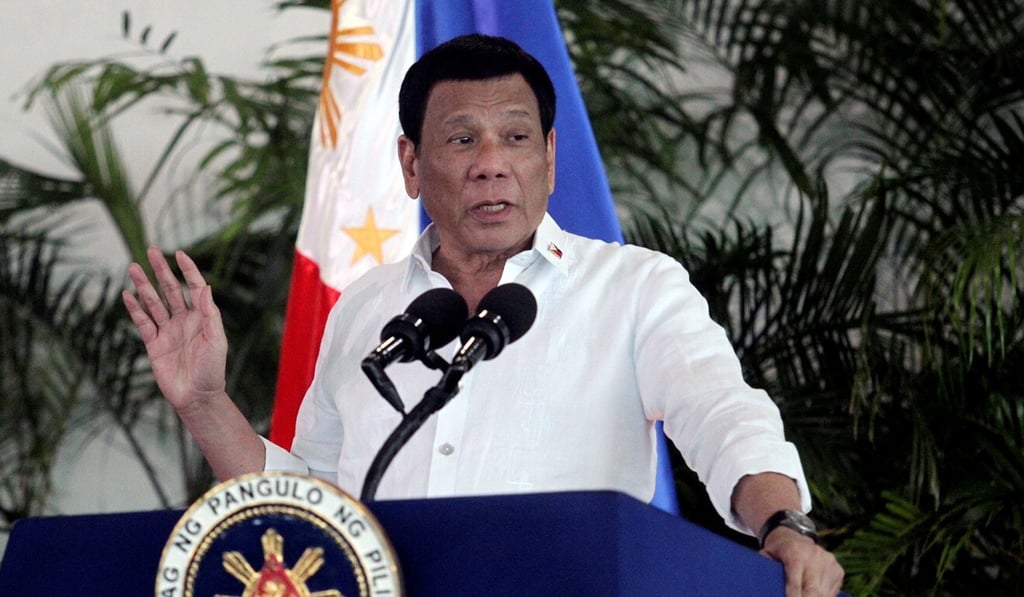Advertisement
Philippine journalist Maria Ressa prepares for jail, even as she fights cyber libel conviction
- The 56-year-old CEO and executive editor of the Rappler news site was sentenced to between six months and six years in jail on Monday
- In an interview with This Week In Asia, she tells how she has been mentally preparing for imprisonment, and from where she draws strength
Reading Time:3 minutes
Why you can trust SCMP

Since being found guilty of cyber libel on Monday, veteran Filipino-American journalist Maria Ressa has been compiling pointers on how to survive jail the way other people collect cooking tips.
The 56-year-old CEO and executive editor of the Rappler news site was sentenced to between six months and six years in jail alongside former researcher-writer Reynaldo Santos Jnr – the author of the piece that spurred the court case.
“It’s been like absolutely insane,” she told This Week In Asia after posting bail, vowing to appeal against the verdict and “keep doing investigative journalism to hold power to account”.
Advertisement
While the conviction relates to a complaint by businessman Wilfredo Keng, Ressa and her news site face more legal action, that observers believe is linked to stories critical of Philippine President Rodrigo Duterte’s policies, including his drug war that has killed thousands.

Advertisement
The State Department released a one-sentence statement on Tuesday noting that the US.is “concerned” for the future of freedom of expression in the Philippines after the verdict.
Advertisement
Select Voice
Select Speed
1.00x